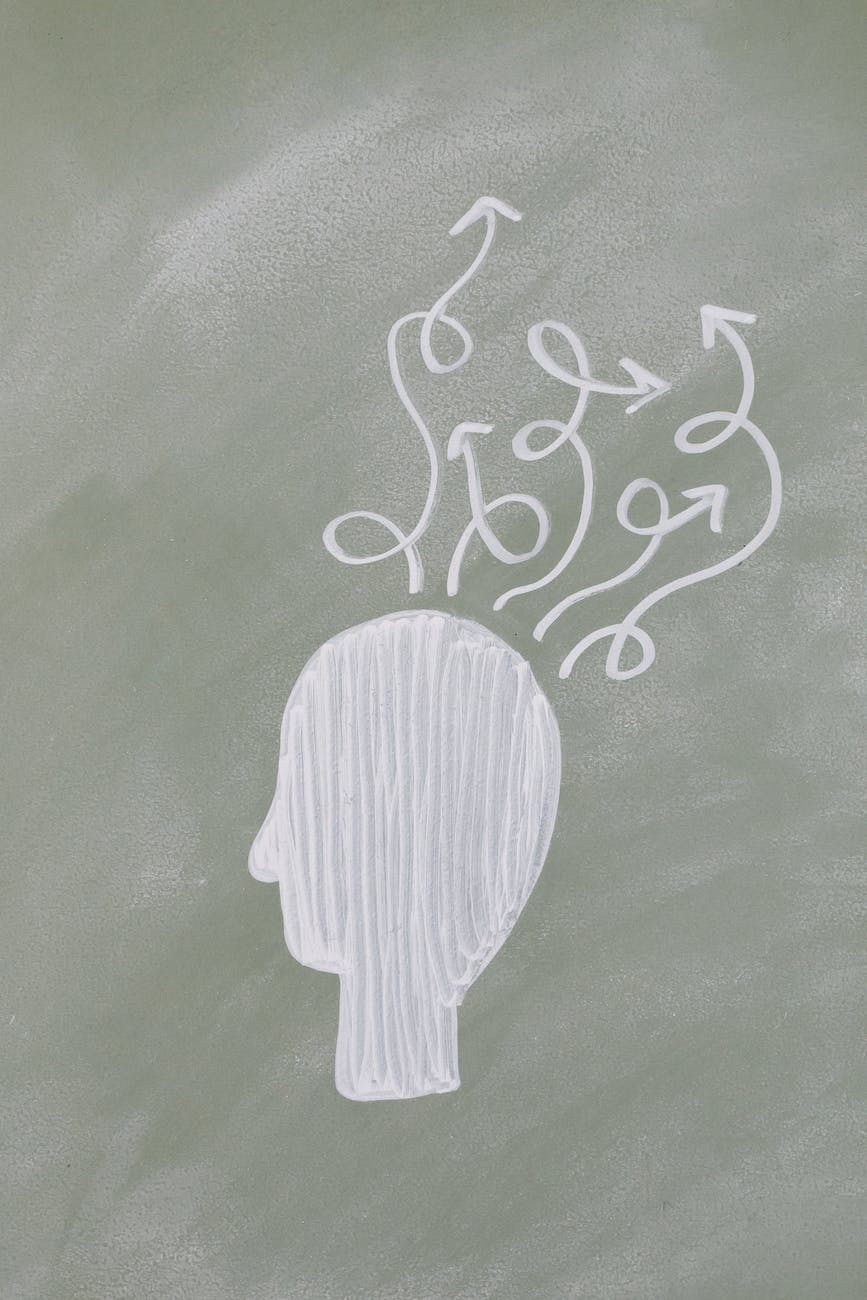Felix Atkins (’24) outlines how to write a film review. If you are inspired by his work, submit your own review in the link at the end of the post to be published on our website!
Have you ever watched a movie so good that you just had to recommend it to a friend or family member, but you didn’t have any better way of recommending it other than simply saying: “You should really watch this movie!” Or maybe you can’t help but give a full synopsis and ruin their need to see it in the first place. If you’re anything like me and you like watching movies and picking them apart, you should consider writing a review!
Important Preface
One thing you must consider is that watching a movie for fun and watching a movie analytically are completely different experiences. If you think about a magic show, a magician uses tricks, distraction, and deception to make their audience feel surprise and awe. Similarly, a movie uses camera angles, dialogue, and visual effects, among other things, to evoke certain emotions. Watching a movie analytically is like learning about a magician’s tricks and how they make people feel the way they do.
This can feel overwhelming at first. I came across terms like mise-en-scène or semiotic analysis during my research. While knowing about these terms and techniques can help you elevate your opinions about a movie, it’s important to remember that you’re writing for your average Joe, not a film student. Your ultimate goal should be convincing your audience whether they should or shouldn’t watch a particular movie.
Let’s Watch
Firstly, watch your movie multiple times (at least twice). On your first watch, I encourage you not to take any notes until the end. Then, write down your big ideas and emotions. Here are some questions to think about.
- How does this movie make you feel?
- Is there anything specific about the movie you liked (Camera work, Music, Lighting)
- Is there anything that you didn’t like?
- What is this movie trying to tell you?
Now, on your second watch, go more in-depth with these questions. Did the movie leave you satisfied? Going back to the magician example, Did the trick work?
- How does this movie make you feel?
- Do you think this was intentional?
- If so, how does the movie achieve this?
- If not, where do you think the movie falls short?
- Is there anything specific about the movie you liked (Camera work, Music, Lighting)
- Go back and figure out exactly why you liked that element
- For Example, the dialogue in a scene feels convincing and necessary
- Is there anything that you didn’t like?
- Again, go back and figure out exactly why you DIDN’T like that element.
- For example, the music in a scene could be too distracting.
- What is this movie trying to tell you?
- This is a harder question to answer and is more about the theme(s) in a movie.
- Does the narrative represent the theme well?
Time to Write
Now it’s time to put pen to paper and write your review. Now that you have taken notes, develop an opinion about the movie. Which of the previous questions was most important for your watch? Once you have a central topic for your review, I will show you where to talk about it In this outline.
Expository Information
This is where you will write about the general discourse of a movie and its making. Write about who was involved in the movie: directors, actors, producers. Was the movie controversial or highly anticipated? Is the director well established or is this a debut film? Were there any risks taken while making the movie? Providing this kind of information can set up expectations and create interest for someone who otherwise wouldn’t watch the movie.
Plot Synopsis
Write a brief description of general events in the movie and plot. Be sure not to reveal too much; a good tip is to reveal about as much as the trailer does.
Review
Here, introduce your “central Idea” about the movie. Share your opinion, don’t be afraid to be critical, but do be professional. Try to answer the questions listed previously, and go into detail about the techniques used to make it happen (I will include resources below to help you with this).
Conclusion
Deliver your final verdict to the reader. Would you recommend this movie? Here you could include general sentiments about the film, and talk about your feelings at the end of the movie on your initial watch.
Here are some resources to learn more about film analysis and technical approaches to movies.
UNC Film Analysis Article
Mise en Scène Masterclass Article
How to read cinematography | Shot analysis explained
Parasite’s Perfect Editing
How I Analyze Movies: A Quick Guide to Film Analysis
Hopefully, this blog helped you with your review process! Though this can be an overwhelming process, Just remember to relax. You are only writing for your peers at Skyline.
Submit your review






